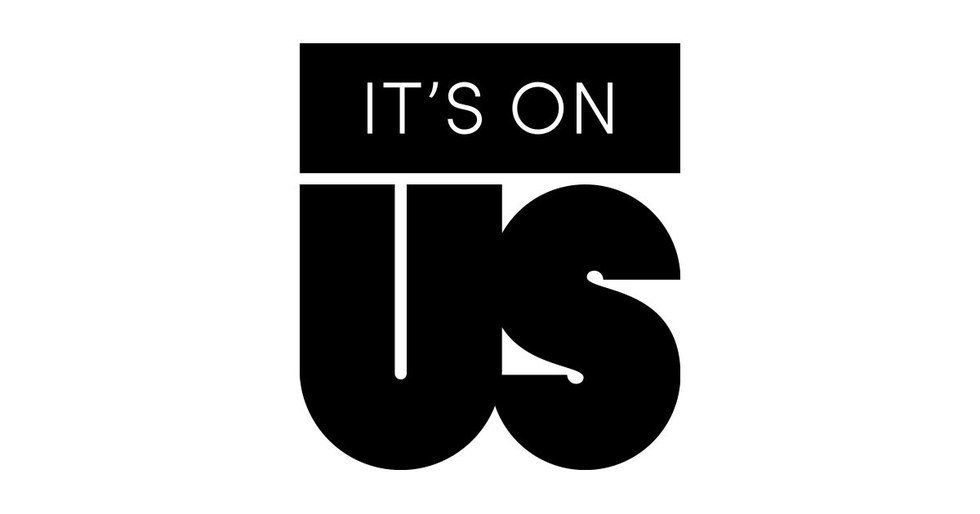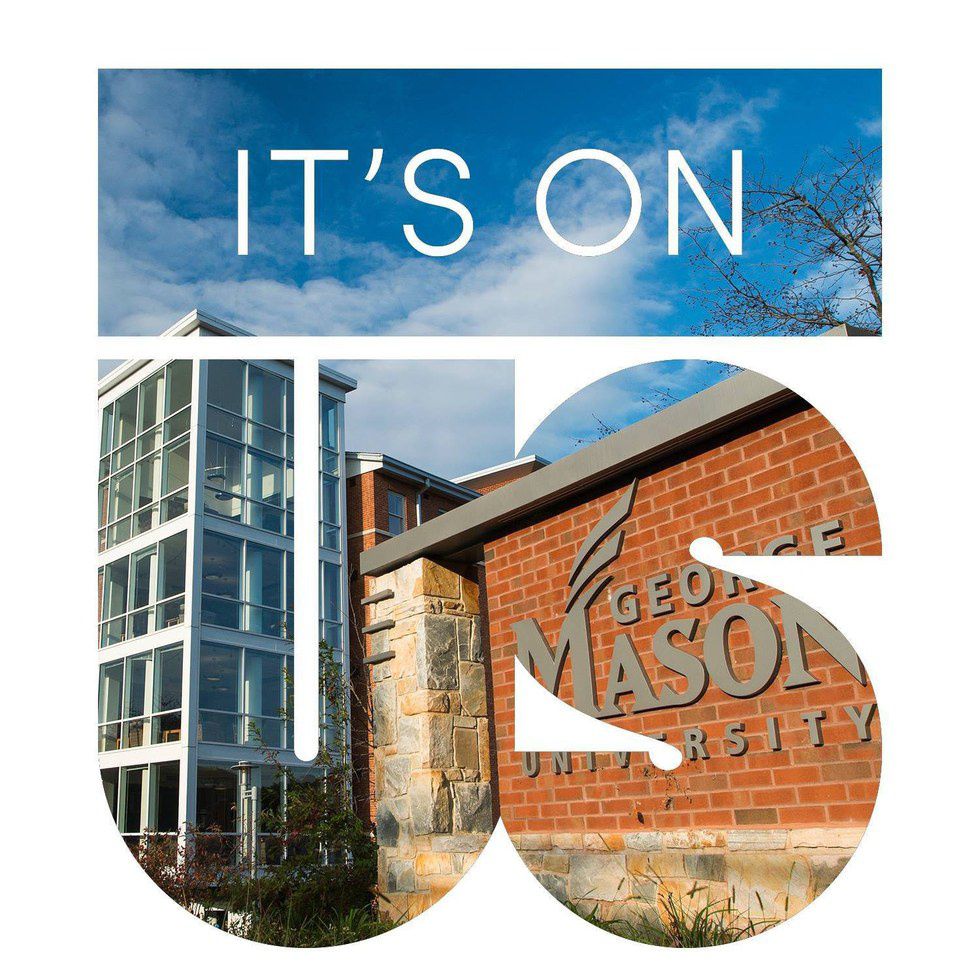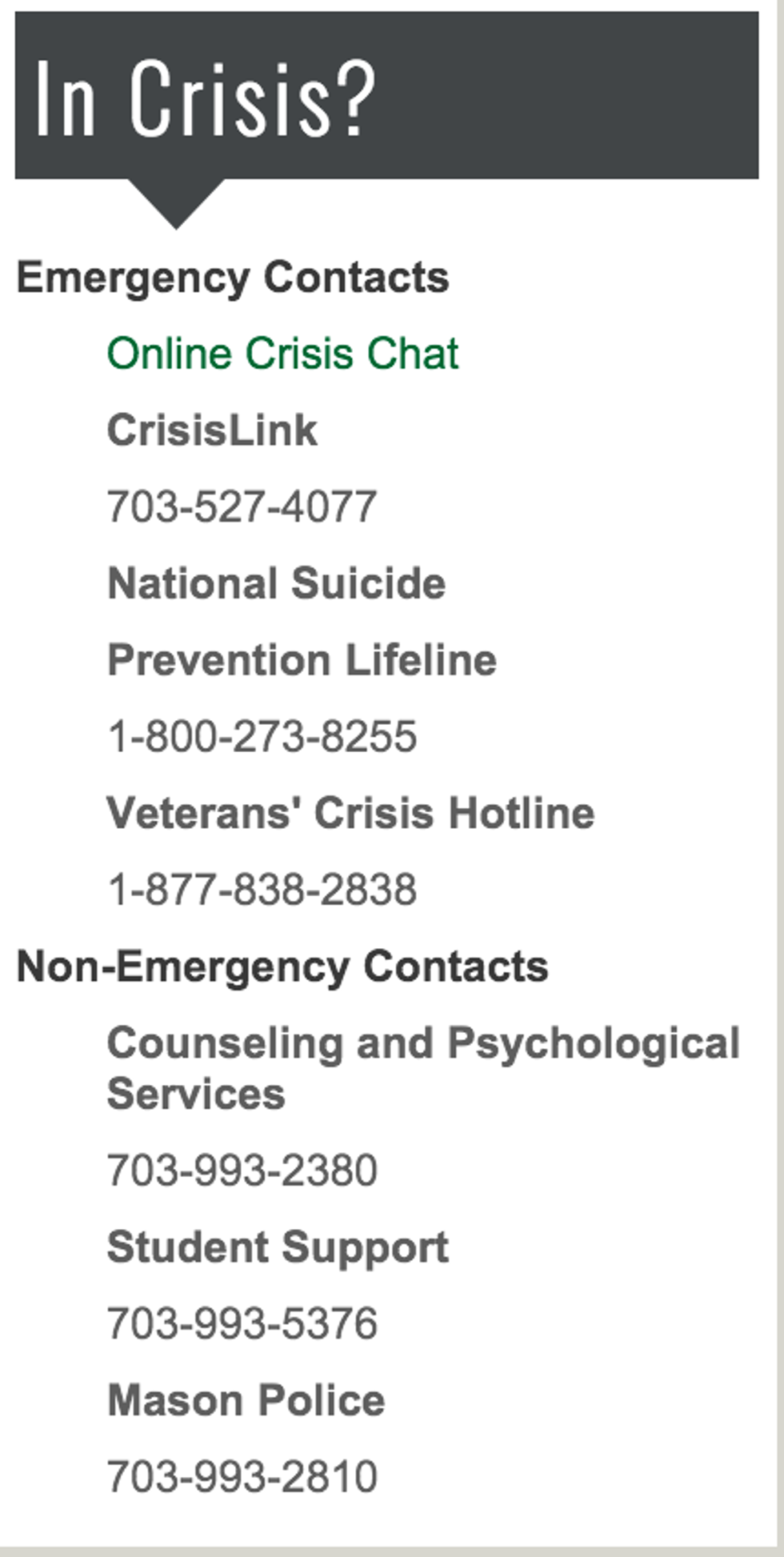I am utterly repulsed and horrified by having recently opened an email from my university stating that there have been not one, but two separate on-campus sexual assaults that have occurred within the past month. This is disgusting, heinous, and wrong on a multitude of levels, and it hit extremely close to home because this is a campus that I have come to know and adore these past few months. To protect the individuals involved, the student body was provided with very little information surrounding the actual incidents. We have, however, been informed that they both revolve around online dating. I'm sure if you're reading this, your newsfeed is flooded with articles similar to this, as well as with people sharing personal opinions on the matter. Truth is, this issue is being talked about, but it is clearly not being talked about enough because it is still continuing to happen on college campuses and in a plethora of locations worldwide. I am about to share some sickening, recent statistics involving rape, as well as the link between rape and online dating. Please educate yourself and spread awareness regarding this issue, because even though you may not think this is happening around you, it is. It is happening to your peers in your residence halls, and it needs to stop.
1) One in four college women reported either having been sexually assaulted or being survivors of attempted sexual assault in their lifetime.
To put this into a horrifyingly close-to-home fact in perspective, picture your smallest class. You should be picturing somewhere between 16 to 30 people. In a 16-person classroom, that is four people who have been subjected to sexual assault. In a 30-person classroom, that is about seven people. Think about that for a second.
2) One in seventy-one men will be raped at some point in their lives.
Yes, this is a much smaller percentage than the above statistic, but it does not mean that it does not happen or does not matter. Men are victims and survivors of rape as well.
3) Approximately 68% of sexual assaults in the last year went unreported; factoring this in with reported cases of rape, only about 2% of rapists will spend time behind bars.
What?! This is a lot to process, obviously, but that is more than half of rape crimes that go unreported. This may be because most victims know their attacker. An astonishing 85-90% of college-aged women report that they know their attacker, and almost half of these assaults occur on dates. Another for this scarily high statistic, according to the National Institute of Justice, is that the victim may not even classify the act as a rape due to the involvement of alcohol or the lack of physical injury and/or the use of a weapon.
4) From 2009-2014, there was a 450% (!!!) increase in the amount of rapes that occurred when two people who had met online met face-to-face for the first time.
You read that correctly. Four-hundred-and-fifty percent. In 2009, 33 people reported that they were victims of rape during his/her first face-to-face meeting with somebody that he/she met online. By 2014, that number had leapt to 184 people. Take into account the last statistic that I posted regarding the number of rapes that go unreported, and think about that 450%. This is chilling.
So...what can we do to put an end to this?
Unfortunately, yet realistically, like many things, I personally believe that this will never completely stop and that the number of rapes will never be zero because we need to take into account that not everybody is inherently good or even close to it. That being said, many, many actions can be taken to raise awareness before it's too late. The following are some examples of how to do this.
Many students on campus are posting this as their profile picture:
No, posting a picture is not going to cause a rapid decrease in crimes involving sexual assault, spreading the word via social media, however, is always effective. Like the picture says, it is truly on us, as a campus, as a community, and as individuals to put an end to sexual assault on campus, off campus, online and offline.
Raise awareness regarding on-campus resources!
This is so important. Not only do we need to raise awareness that programs such as CAPS (Counseling and Psychological Services) exist at GMU, but we as a student body need to make it known that it is completely okay to utilize these services, and that it is absolutely nothing to be ashamed of. If you are uncomfortable speaking to a counselor in person about a problem, CAPS offers useful information on their website that I have included below.
Another important service on this campus, one that specifically offers one-on-one support in addition to other helpful services, is WAVES (Wellness, Alcohol, and ViolenceEducation and Services).
Do not only spend time talking about how to avoid being the victim of sexual assault; spend time talking about how to not be the perpetrator.
Sex-ed in schools needs to be expanded. This is a sensitive topic, but it needs to be talked about so that people are aware.
Speak to someone whom you can trust.
If you are uncomfortable seeking professional help at first, or at any time, it is extremely important that you are able to reach out to somebody because you are not alone in this and it is not your fault.
Most importantly, as a victim and/or survivor of sexual assault, know that it is not your fault.
You did not ask for this, and you are the victim of a crime. It is up to you whether or not you report the crime, but again: you are a victim and this is not your fault.
I hope that you as an audience take this all with a grain of salt and know that the statistics I have included are real and they are happening right on your campus. If you or a loved one is a victim of sexual assault, you may contact this helpline or call 800.656.HOPE for confidential assistance.























